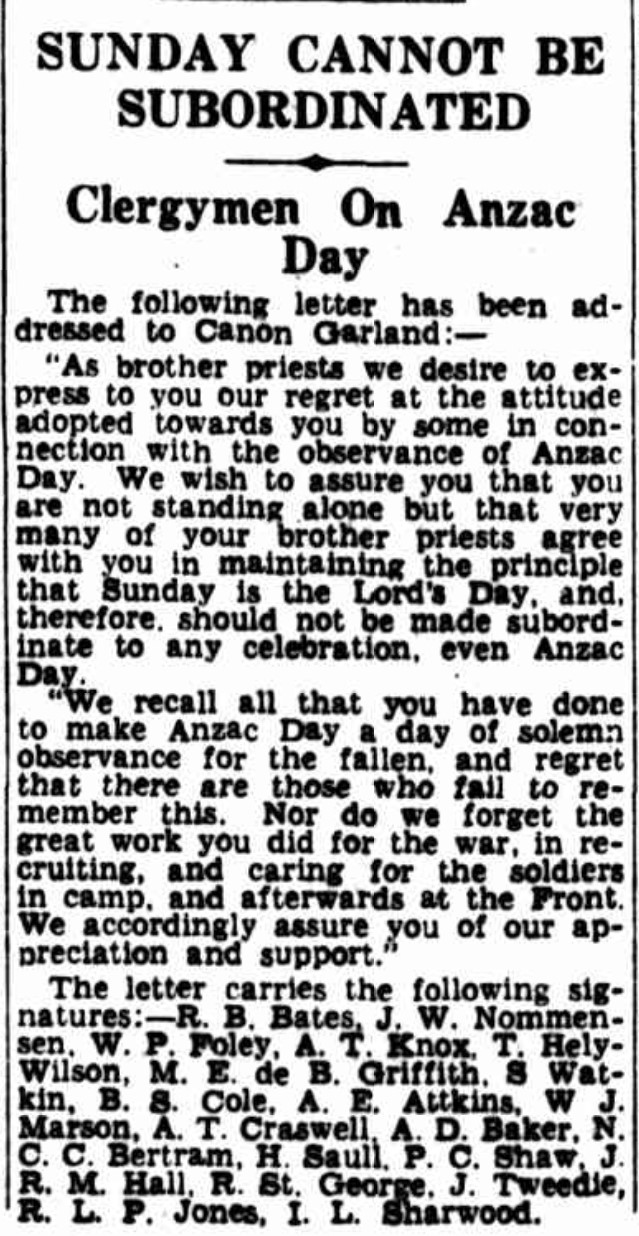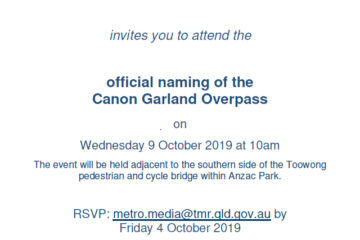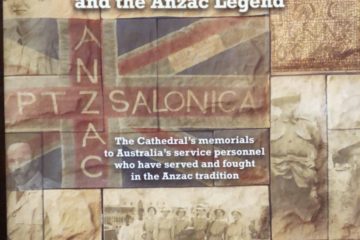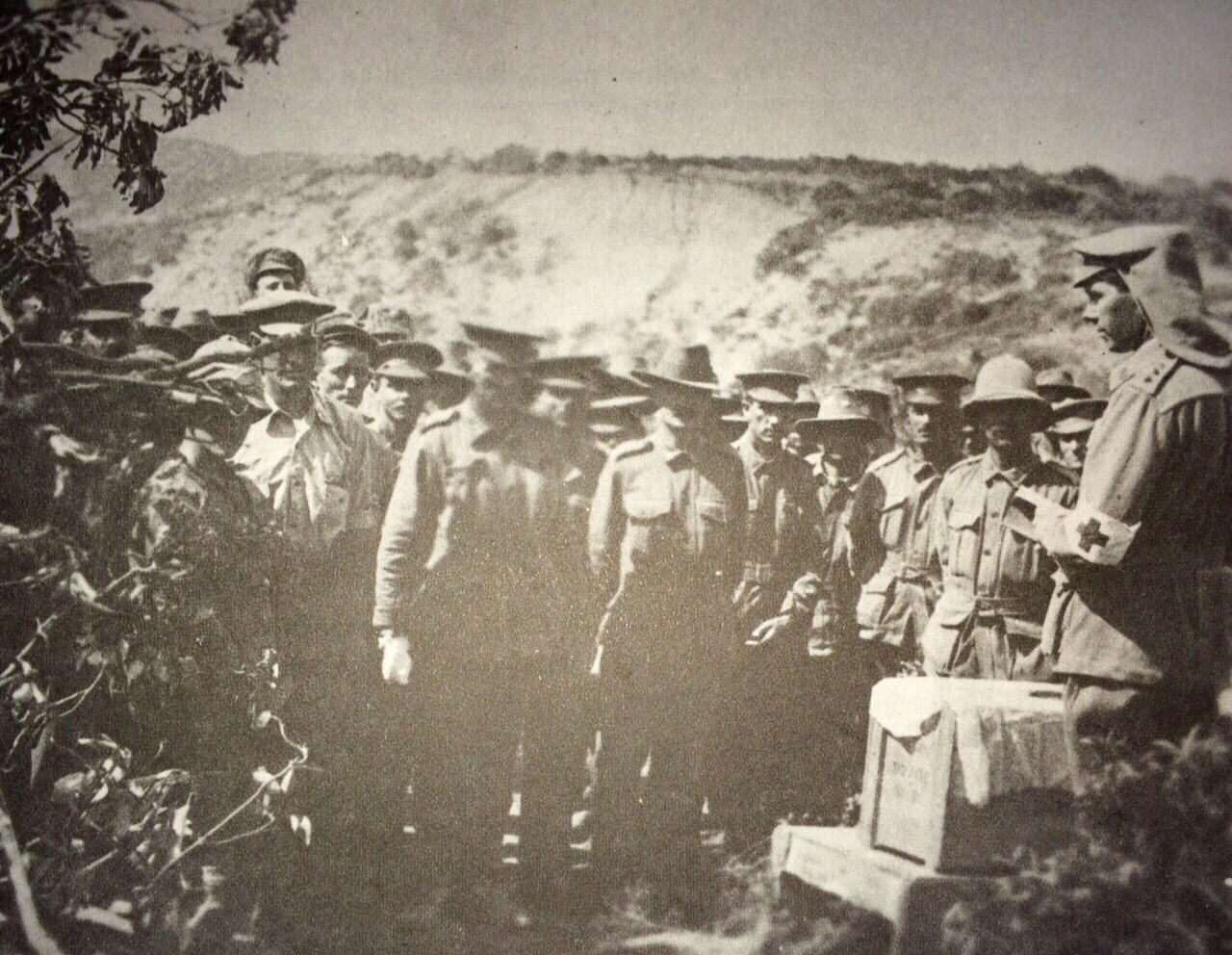Chronological observance

ABOVE: Canon Garland struck a raw nerve when he declared in favour of observing ANZAC Day chronologically, but when 25 April fell on a Sunday, church came first. This item appeared on page 12 of “The Courier-Mail” of 20 April 1937. The-then State President of the forerunner of RSL Queensland, Sir Raymond Huish, was having none of it.
Chronological Observance,
Says Canon Garland
ABOUT 150 people made the pilgrimage to The Cross of Sacrifice and Stone of Remembrance in Toowong Cemetery this morning [ 26 April 1937 ] for the memorial service which was conducted by (Canon D.J. Garland) [ David John Garland ].
Many more beautiful floral tributes to the memory of the dead were added to those which had been laid at the bases of the two memorials yesterday.
In his address Canon Garland briefly retold the story of the landing on Gallipoli.
“Was there ever an engagement in the world’s history of battles where there were 9,500 casualties in one day, as was the case at the landing?” he asked.
“Of those casualties 2,500 were fatal. We who are assembled here today are keeping the memory of that landing chronologically,” Canon Garland said.
“In Gallipoli the landing took place on Sunday, April 25, but it was Monday, April 26,1915, in Brisbane when it happened.
“So we actually are recalling the great event chronologically at the time it happened.”
Expressing a hope that ANZAC Day would continue to be observed in solemn and sacred manner, Canon Garland said this was a day on which to remember those who laid down their lives and made great sacrifices for us.
Another reason for ANZAC Day was that we were a Christian people first, and before all else, and as Christian people we should remember those whom we call dead.
“But they were not dead. The Lord Himself said, ‘God is not the God of the dead, but the God of the living.’
“So those whom we called dead were alive with God. ANZAC Day lifted us into a spiritual realm, and made us remember that there was something more in life than merely making money and looking for enjoyment and pleasures, and that there was a life beyond all this.”
The short but impressive service was opened with the singing of the Litany, God the Father, God the Son, and at the conclusion of the address The Last Post was sounded by buglers, Sergeant “Jerry” Barnes [ Herbert Barnes ], A. Jackson, and B. Devlin.
Canon Garland was assisted by the following Anglican clergymen: Revs. W.P. Foley (St. Barnabas’, Ithaca), W.P.B. Miles (St. George’s, Windsor), R. St. George (St. Andrew’s), Indooroopilly), and Neil Bertram (St Luke’s, Ekibin).
The choir boys from the Windsor church also were present.
— from page 6 of “The Telegraph” (Brisbane), 26 April 1937.


